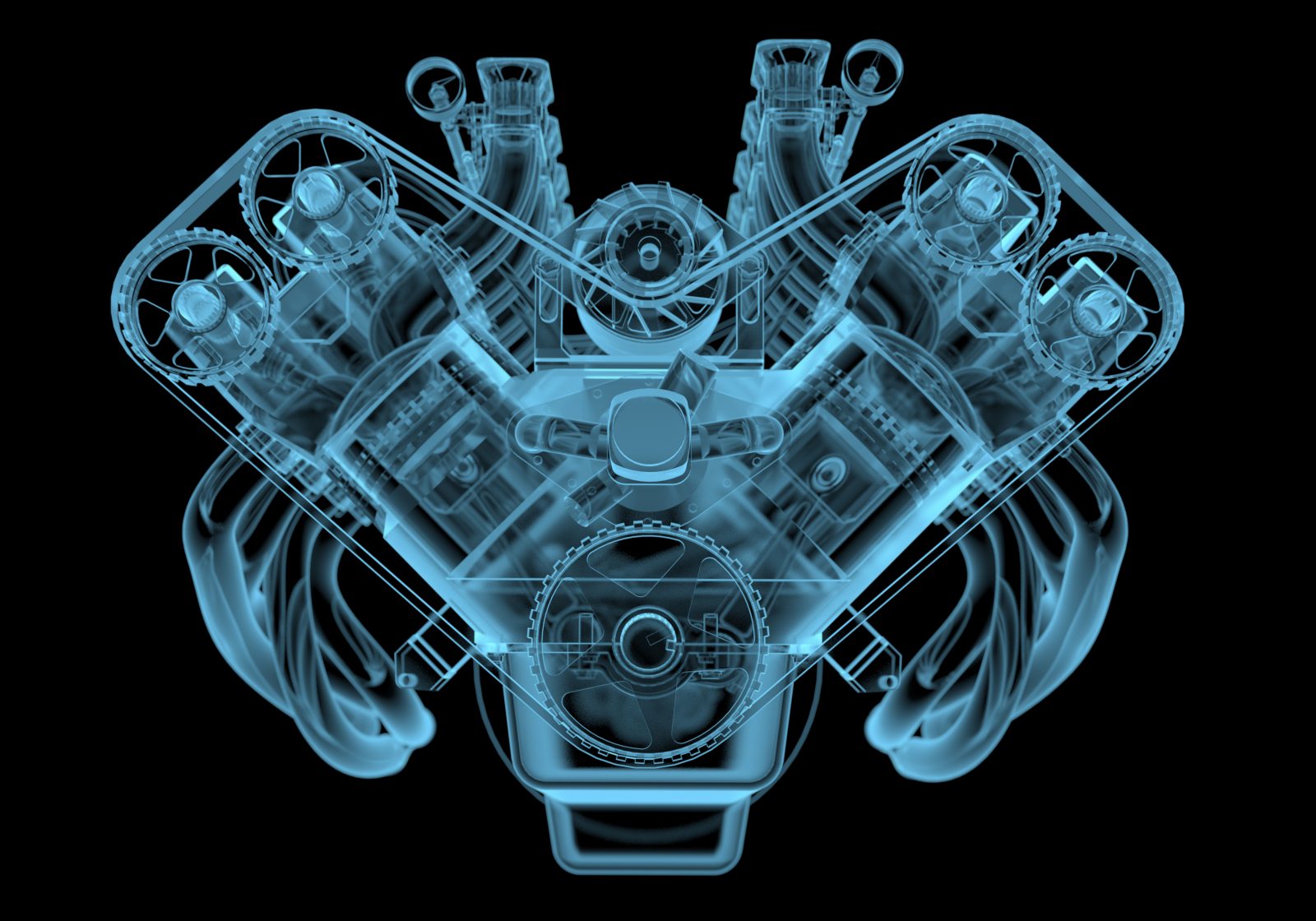
Brian Miller Talks Star-Crossed RNA Strands and the Origin of Life
On today’s ID the Future, physicist Brian Miller continues his conversation with host Eric Anderson. Here they explore more problems facing the idea that life began as strings of RNA. In their discussion of the RNA World Hypothesis and the origin of life generally, they touch on ideas advanced by Jeremy England, Jack Shostak, Nick Lane, Helen Hansma, and others. One of several big problems with the RNA-first hypothesis underscored by Miller and Anderson: For it to have even a slender chance of working, you need prebiotic Earth to generate not one but two information-rich RNA strands, and they somehow need to find each other before falling apart, and do so despite the fact that they aren’t looking for each other and the statistical odds of them bumping into each other at random are vanishingly small. What about approaching the origin of life from an intelligent design perspective? Miller explains why he’s convinced that the design perspective, far from stopping science, is actually much more fruitful than a blind-evolution approach.

